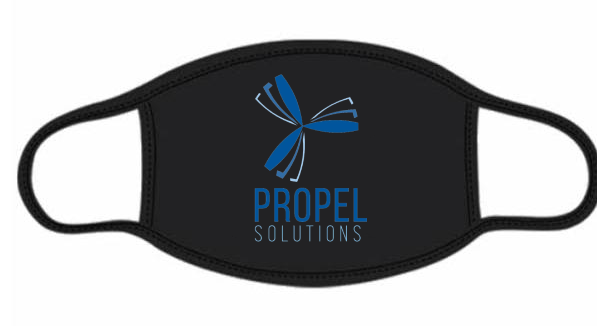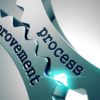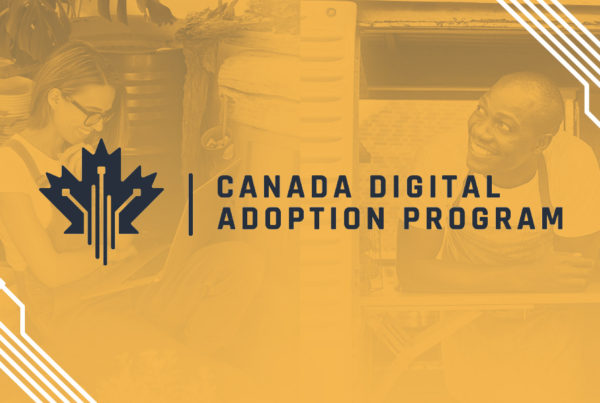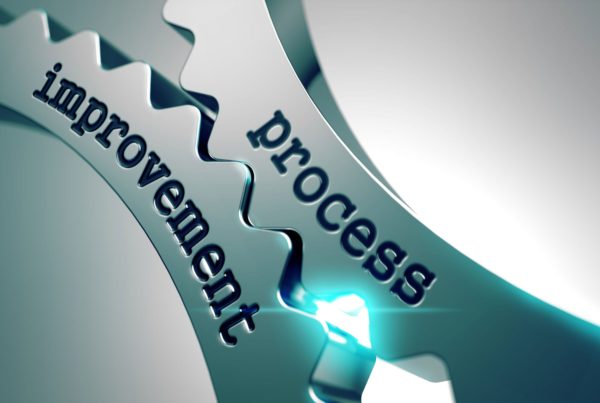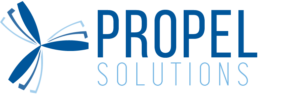The one thing that is becoming clear as we prepare to return to work after Covid-19 is that the workplace we left will not be the same one that we are returning to. The world of work will be significantly different in a post Covid-19 world. Using Lean principles, organizations can not only adapt to the new realities but emerge as leaders in their industries as we enter uncertain economic times. There are six key principles that all organizations will be required to adapt to regardless of their current progress on their Lean Journey: Customer Centric Processes, Flexible and Cross Trained Workforce, Streamlined Layout with FIFO, Supply Chain Integration, 5S and Cost Reduction through Continuous Improvement. Each of these principles are reviewed below to provide guidance to organizations as we all prepare for the easing of the Covid-19 restrictions and our return to work.
-
Customer Centric Processes
Organizations are going to have to be nimble and responsive to new customer demands and preferred delivery methods (virtual, home delivery, touchless to name a few). For many organizations, the new requirements are going to necessitate a complete overhaul of the goods and services delivery. Customers are going to demand “touchless” service and require that social distancing spaces be provided in addition to limiting wait times due to long line ups. This will require that organizations adapt to “single piece flow” rather than batch processing of customers and their orders. This may create new customer processes that organizations had not previously considered to level the customer demand. This could look like creating scheduled times to service customers or moving the delivery of goods or services directly to the customer through home delivery or virtualization.
There are potentially new roles that had not existed in your organization to meet the new demands customers will be requiring to maintain their distance. New processes and delivery mechanisms will need to be developed with customer value in mind. This will allow your organization to ramp up to meet customer demand by adapting to the pull of customer orders.
-
Flexible and Cross Trained Workforce
Lean promotes a fully cross trained and flexible workforce creating redundancy in every position and process. When organizations return to work it will be important that workers feel that the organization will not suffer if they have to miss a day if they are sick. Stringent policies for Health and Wellness should be put into place so that workers feel supported to take sick leave should they require. Far too often in the past workers have dragged themselves to work and infected those around them. A full assessment of current skills for each worker and each process should be undertaken to highlight gaps and a training plan should be devised to create redundancy.
Additionally, due to new social distancing practices fewer workers may be required to allow for 6ft of distance. This suggests that job roles will need to be expanded to effectively service customers with the creation of a more diverse and robust workforce.
-
Streamlined Layout with FIFO
As organizations adapt to meet the new social distancing measures, organizational layout will become critical to clearly articulate the path that workers and customers should travel through your business. Lean promotes a straight path and the application of First In First Out (FIFO) through the business to fulfill customer needs. Many organizations had to previously cancel or postpone orders/service delivery during the shut down and will be returning to large backlogs of work. In order to maintain customer satisfaction (and perceived fairness) backlog should be dealt with on a First In First Out. The reason that this process is so effective is that it reduces the lost time in the process allowing for more available work time to process orders than spent expediting or prioritizing work. Additionally, it is easy for your team to track and measure the achievements of working through their backlog.
A streamlined layout with FIFO will allow a clear path for material and customers to travel will build confidence in your workforce and with your customers. It will also help to reduce wasted time and effort from workers and customers alike. Establishing the path will ensure that there is no cross contamination of work going out and work arriving. FIFO practices will ensure that if there are quality or contamination challenges that the process can effectively be stopped and quarantined from that point onwards reducing the need for a costly recall. Businesses who can streamline their processes to increase productivity while simultaneously abiding by the new social distancing measures will be on the right path as we journey into this new economy.
- Supply Chain Integration
As supply chains become uncertain due to Covid-19 , many businesses will instinctively pull for carrying extra inventory (We need only look at the consumer behavior causing the rush on toilet paper as evidence). However, Lean thinking will tell us that cashflow has always been the life blood of business and having too much inventory can significantly tie up a lot of capital. Consumer behavior moving forward is uncertain and the historical buying patterns may not return. Some organizations that have switched to make products to support the pandemic may see the demand for these products quickly diminish as the world returns to a “new” normal.
Organizations will want to reduce the amount of inventory through the application of Lean and focus on customer pull throughout the supply chain. This practice involves only producing what the customer has ordered to reduce the amount of Work in Progress (WIP) and is the founding philosophy of Lean. This practice will allow your business to effectively pivot without a lot of sunk costs of inventory obsolescence.
-
Workplace Organization Cleanliness – 5S
A new rigor will be required when returning to the workplace to ensure the health of employees. The 5S practices in Lean promote a place for everything and everything in its place through the systematic tidying and cleaning of work areas. It is common to see organizations knowing 5S as a one-time event held in their warehouse, however ’Sustain’, the final “S,” while often overlooked, provides the most significant impact when addressing the Covid-19 response. Sustaining 5S practices is done through building 5S discipline into the workday schedule and systematizing the application of 5S on a regular basis (we would recommend that cleaning practices be instituted every few hours or a minimum of three times a shift). Organizations will want to ensure that they have disinfecting protocols that are ingrained in the workday to protect workers and customers a like. Building confidence in these practices will let your workers know that you care and build trust with your customers that your business is safe and compliant.
-
Cost Reduction through Continuous Improvement
The only certainty is that we are entering a new and uncertain economic period. Customers’ buying patterns and spending habits will likely be shifting towards lower priced goods as we enter, what many are calling, a depression. In addition to this economic challenge, there will likely be an increase in competition as enterprising workers that have recently been laid off will identify new and innovative practices to service your customers with out your legacy cost base. This will be putting downward pressure on prices to adapt to the consumer buying patterns. Organizational margins will continue to be squeezed and opportunities for cost reduction will be required to meet the lowered prices and lowered demand to remain profitable. A company’s ability to adapt to the new normal by implementing continuous improvement to identify opportunities for cost reduction will likely be a key factor that decides who emerges from Covid-19 successfully.
These are just some of the Lean principles that will help your organization thrive in a post Covid-19 world. At Propel, we are committed to ensuring that companies thrive in these new economic realities. Please let us know your thoughts on the future of the work environment and what impacts you will see in your industry. Our mission is to facilitate an open exchange of ideas that organizations can apply to weather the storm. Additionally, we are always available for a conversation to discuss your workplace’s specific concerns. You can contact us directly at 604.346.5185 or [email protected] . Let our team of Lean Thinkers lend a hand.
Propel Solutions
- 📍 789 W. Pender Street, Vancouver, BC, Canada
- 📞 604-346-5185

